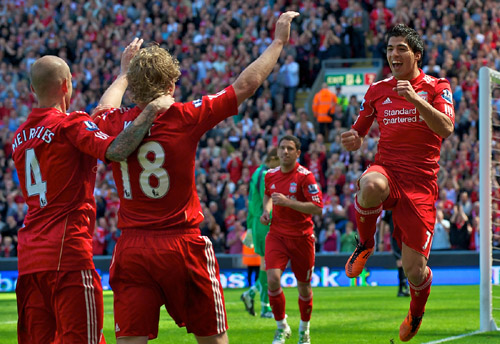So if we look at this idea, the notion that children brought up in a 'rich' environment tend to be more successful later on is an interesting one. Now if we are going to be pedantic, we can always argue that 'rich' doesn't necessarily refer to relative economic wellbeing, but for all intents and purposes (thank you Bagle), that was the intended definition and one which we will follow through with.
When it comes to the implementation of governmental economic reformist policies, there has been an emphasis on creating 'equality', and 'equal opportunity'. An example of this would be the public school system. What these fail to take into account is the place of inherited opportunity - to which the title of this post refers to. The idea that people born into economic comfort are given an irreversible 'head-start' so to speak. They have access to more. Simple.
But is it simply access to more economic capital that grants these 'rich kids' the ability to be more successful in life? I think to some extent, other factors rest on it. The idea of capital can be observed as multidimensional. While it does have a physical sense, such as money, resources, property, savings etc, there are also social and cultural dimensions that shape peoples abilities to move forward in their life.
Cultural capital refers to non-economic assets that can be used in the further production of other assets, such as education, books, and things like that. Obviously, these assets can help to ensure the maintenance of structural inequalities within a society.
Similarly, the notion of social capital refers to the idea of 'community connectedness' - or social networks/involvements. What having relationships does, is grant access to individuals and groups through durable networks, which acts as a catalyst for resource accumulation. Once again, this allows children born into such an environment to create stronger networks and hence have access to further resources. This can further be broken down into 'bonding' and 'bridging' capital, which refers respectively to the close and weak interpersonal ties we have which serve different purposes in and of themselves.
So we can see that it is not necessarily, or simply the fact that a kid is 'rich' that allows him/her to 'have it better in life', but there are several aspects (few of which I have even mentioned) of inherited advantage that allows one to progress with relative ease.
In finishing (I could go on all day), I would like to propose something further to which I encourage you to express thoughts in the comments. It is on the idea of 'habitus'. What this is, is a suggestion posed by the French sociologist Pierre Bourdieu, referring to the way that individuals internalise their objective chances at success. That is, people actively want to be in their inherited position regardless of the supposed affluence that is attached to it - class consciousness does not necessarily lead to a desire of class mobility. For example, children who's father is a builder often wish to follow through with a similar career path, despite the potential ability to access more lucrative sections of the labour market.
Do you think this notion of habitus is likely to determine potential success, or is it simply an abstract concept that may or may not empirically challenge the inherited opportunity detailed above?




